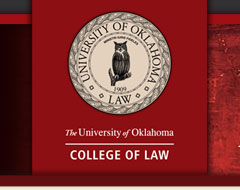Abstract
Law confirms but seldom determines the course of a society. Values and beliefs, instead, are the true polestars, incrementally implemented by the laws, customs, and policies. The Chiricahua Apache, a tribal society of hunters, gatherers, and raiders in the mountains and deserts of the Southwest, were squeezed between the growing populations and economies of the United States and Mexico. Raiding brought response, reprisal, and ultimately confinement at the loathsome San Carlos Reservation. Though most Chiricahua submitted to the beginnings of assimilation, a number of the hardiest and least malleable did not. Periodic breakouts, wild raids through New Mexico and Arizona, and a labyrinthian, nearly impenetrable sanctuary in the Sierra Madre led the United States to an extraordinary and unprincipled overreaction. The entire tribe was removed for the deeds of the renegades and were held, with both the raiders and the Army scouts, as prisoners of war for twenty-seven years. The impact of confinement in Florida, Alabama, and Oklahoma led ultimately to a splintering of the tribe. This article follows the history, the unprecedented preemptive force by the United States, the survival but ultimate division of the tribe, and the role of value in all the processes. Three seminal Apache figures - Geronimo, Asa Daklugie, and Jason Betzinez, all of whom produced autobiographies - provide focus on the common and divergent values and their confirmation in the evolving law and politics.
Recommended Citation
John W. Ragsdale Jr.,
Values in Transition: The Chiricahua Apache from 1886-1914,
35
Am. Indian L. Rev.
(2010),
https://digitalcommons.law.ou.edu/ailr/vol35/iss1/9
Included in
Indigenous, Indian, and Aboriginal Law Commons, Indigenous Studies Commons, Other History Commons, Other Languages, Societies, and Cultures Commons, United States History Commons
